Training Library
A growing collection of on-demand masterclasses designed to support trauma-informed parenting.
Led by Dr. Melody Aguayo, these trainings dive deep into the real challenges parents face — from behavior and attachment to regulation, grief, and beyond. Each session provides both compassionate insight and practical tools to help you respond to your child’s needs with confidence and connection.
Whether you're parenting through trauma, navigating tough transitions, or simply seeking to grow, the Training Library offers flexible, expert support whenever you need it.
Access to the full library is included with the Real Child Community Membership. Click here to learn more about the membership.
The Power of Attention
Focusing on moments of joy, even during ongoing struggles, allows parents to experience happiness without being consumed by problems.
Transracial Adoption
Race matters because it shapes how children see themselves and are seen by others, and developing a healthy racial identity is essential for building a strong, positive sense of self.
The Art of Conversation
Children with trauma often struggle to trust, making tough conversations difficult and prone to conflict or avoidance—especially in pre-teens, teens, and young adults.
Surviving Puberty: When Trauma and Puberty Meet
Trauma can affect sexual development, and parents need practical tools to support their child through puberty and know when to seek professional help.
Supporting Invisible Special Needs
Learn how to advocate for a child with hidden but real special needs by building school support, guiding family understanding, and identifying overlooked challenges.
Sensory Issues in Children
Sensory issues are common in children with early trauma and can often be eased with the right support—learn how to identify them, seek appropriate help, and manage them at home.
Navigating Marriage in Times of Crisis
Marriage can be challenging, especially when raising children with special needs, but working together towards shared goals helps parents overcome conflict and avoid the "blame game."
Moral Development
Parents can better understand their child's behavior by learning about the stages of moral development, helping them adjust expectations and respond appropriately to issues like lying, aggression, and lack of empathy.
Living with Vicarious Trauma
Parents can learn to identify and address their own secondary trauma caused by ongoing stress from challenging behaviors, offering hope through healing and understanding.
Intro to the Alarm State
Pre-adoptive families focus on setting expectations, education, and preparation, while post-adoptive families concentrate on practical tools, education, and finding hope.
How Trauma Leads to Addiction to Drama
Children who grow up in chaos or stress may seek out similar experiences to feel safe and in control, often escalating in the preteen years, as drama becomes a decoy for intimacy when healthy relationship skills are lacking.
Managing Your Children's Alarm State
Adoptive parents may take on responsibility for issues they didn’t cause, and while some things can't be "fixed," understanding attachment styles—both their own and their child's—can help guide their approach to fostering trust and security.
Circle of Security
Using the Circle of Security approach, parents learn to recognize their child's needs, understand their own triggers, and grow in confidence to be Bigger, Stronger, Wiser, and Kinder—balancing nurturing with appropriate leadership.
Attachment Styles and their Impacts
By understanding the origins and characteristics of different attachment styles—both in children and themselves—parents can better predict behaviors and respond with practical, effective interventions.
Adolescent Brain Development
The adolescent brain develops rapidly, making early poor behaviors harder to change, but understanding its needs and the impact of trauma helps parents take steps to reduce long-term risks.
Addiction & Trauma
Addictive patterns often begin early as the brain seeks balance, especially in kids with low dopamine, and understanding the “why” helps parents know how to respond and what they’re truly responsible for.
Glass Children
Neuro-typical siblings of children with Complex Trauma often feel either overly visible or completely invisible, and understanding their unique struggles, strengths, and needs helps parents support them more effectively.
Understanding Gender Differences and Gender Issues
Explores gender differences in the brain to help parents and educators better support children, emphasizing each child’s uniqueness and the importance of fostering acceptance, confidence, and individuality.

